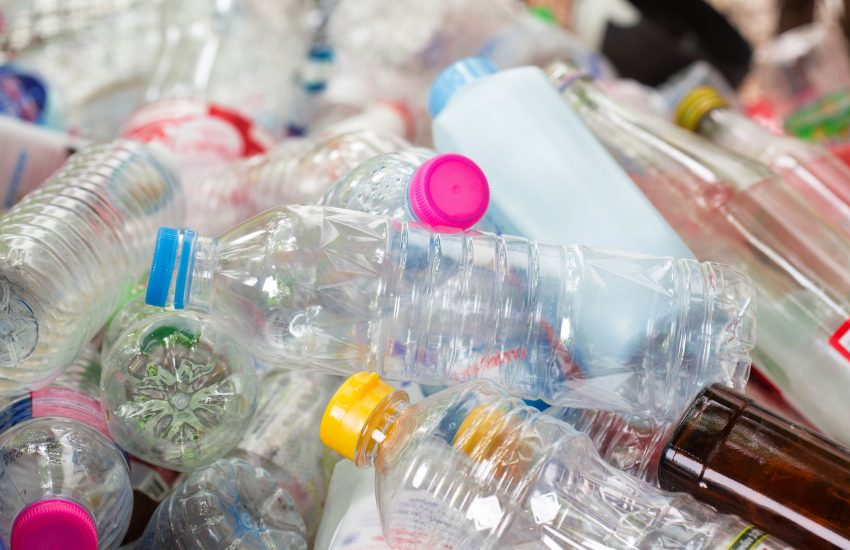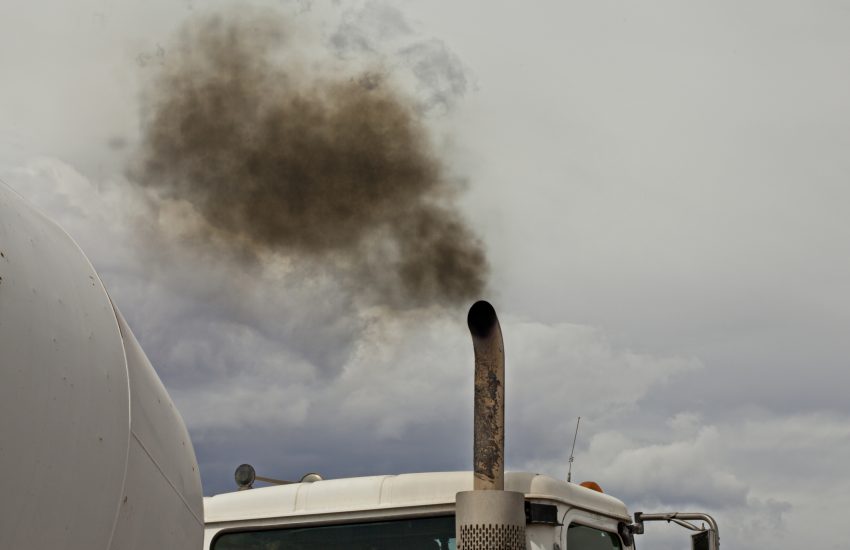On March 16, 2022, the U.S. EPA Press Office issued a news release about implementing two key actions to prevent exposure from products with PFAS (Per- and Polyfluoroalkyl).
The first action involves notification about fluorinated bottles; the second calls for the removal of two PFAS from the EPA’s Safer Chemicals Ingredients List. These two actions are consistent with the deadlines set in the “PFAS Strategic Roadmap; the EPA’s Commitment to Action 2021-2024”. The so-called roadmap—issued by the EPA in October 2021—is a relatively short (25 …
Continue Reading









